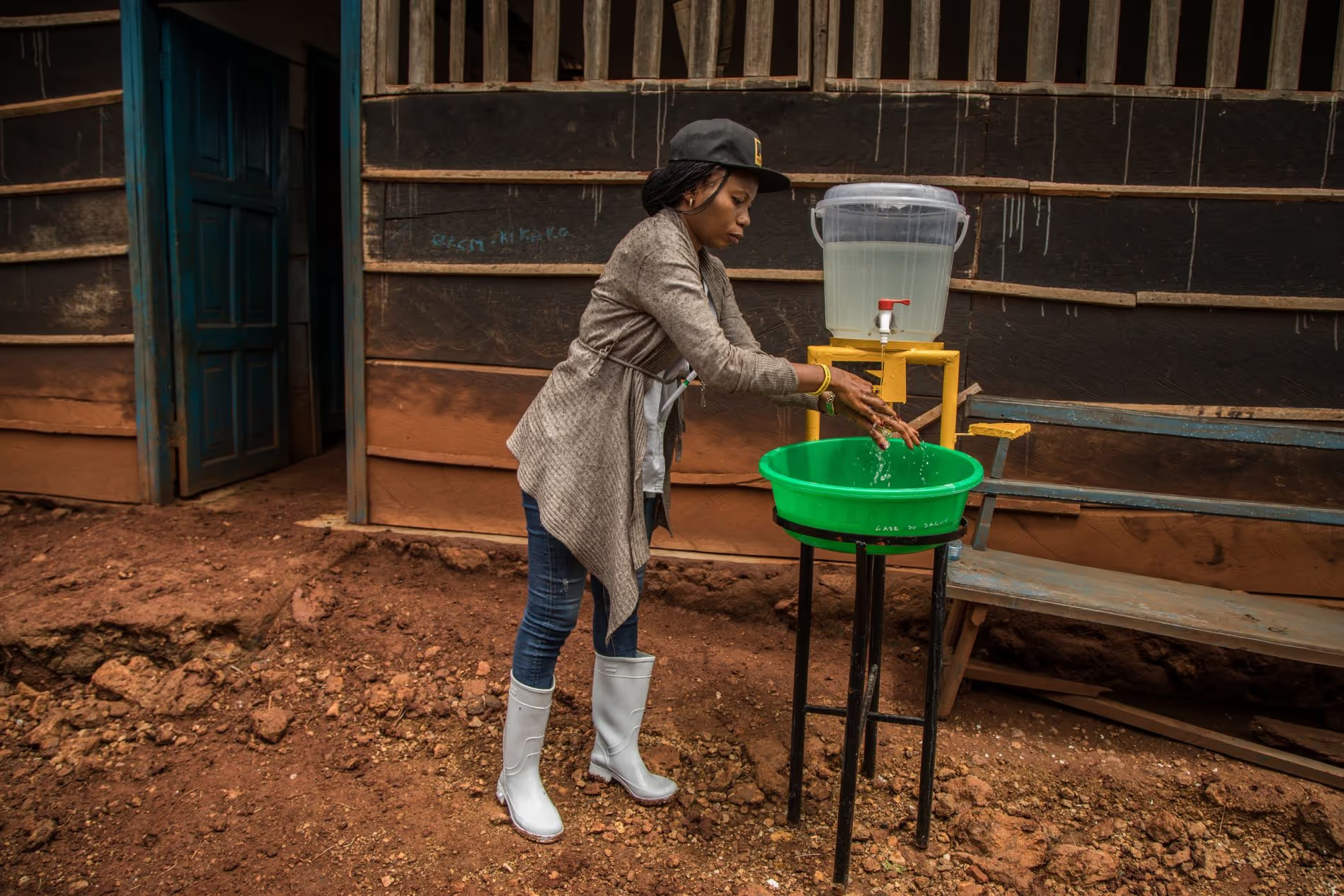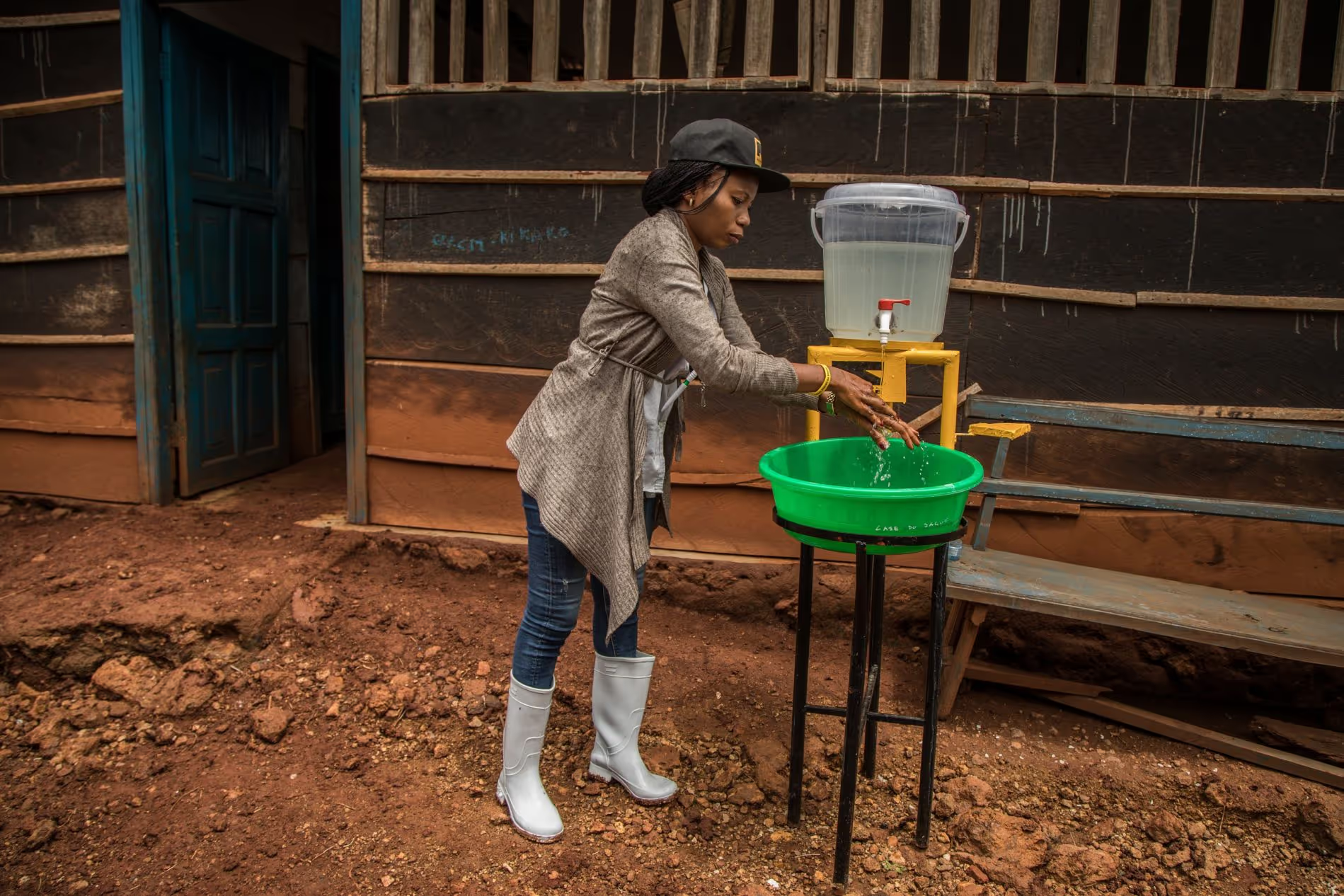Impact of Community Engagement on Infection Prevention and Control Measures for Ebola Preparedness in Western Uganda

Project overview
To investigate the impact of integrating community engagement activities to an infection prevention and control (IPC) intervention package in health facilities
Project solution
This project offers [specific solution or intervention] to tackle [challenge]. By implementing [strategies, tools, or innovations], the project aims to achieve [desired outcomes]. The approach is designed to [specific actions or methods] to bring about meaningful change in [community, region, or issue area].
Expected outcomes
This project aims to achieve [specific outcomes], such as [measurable results, improvements, or changes]. The expected impact includes [benefits to the target community, advancements in research or innovation, or long-term effects]. By the end of the project, we anticipate [specific changes or milestones] that will contribute to [broader goals or objectives].
Principal Investigators: Naoko Kozuki & Stacey Mearns, IRC
Purpose
The study aims to investigate the impact of integrating community engagement activities to an infection prevention and control (IPC) intervention package in health facilities, as part of Ebola preparedness and/or response in Uganda. Research will assess what additional impact community engagement has on IPC scores in health facilities as compared to standard IPC package implementation. The study will also assess the impact of the adapted community engagement model in community awareness of EVD, health care seeking behaviours and attitudes towards health workers in health facilities.
Expected Outcomes
The study will contribute directly to improved IPC in health facilities in at-risk districts in Uganda. Interventions will improve community knowledge, early healthcare seeking and acceptance of IPC interventions at health facilities during response, with anticipated impact on EVD preparedness and response capacity. Findings will inform how IPC is implemented in Uganda, DRC and other at-risk countries. Findings will also inform national, regional and global guidelines for Ebola and other rapidly implemented IPC interventions for future infectious disease outbreaks

Research Methodology (brief summary)
The study will design and implement a Community Engagement intervention, including activities such as regular communication with communities, establishment of community-based focal points, partnering with local community-based organisations, and formation of community feedback mechanisms. Data collection will include 1) qualitative and quantitative data from community members on perceptions around EVD preparedness and 2) baseline and weekly IPC scores from health facilities with the IPC package only and from those with the IPC package + CE intervention for comparison.
Project delivery & updates
Stay up to date with the latest developments from this project. Here, you will find details on what has been delivered, resources created, and regular updates as the project progresses. Access key documents, reports, and other materials to see how the project is making an impact.
